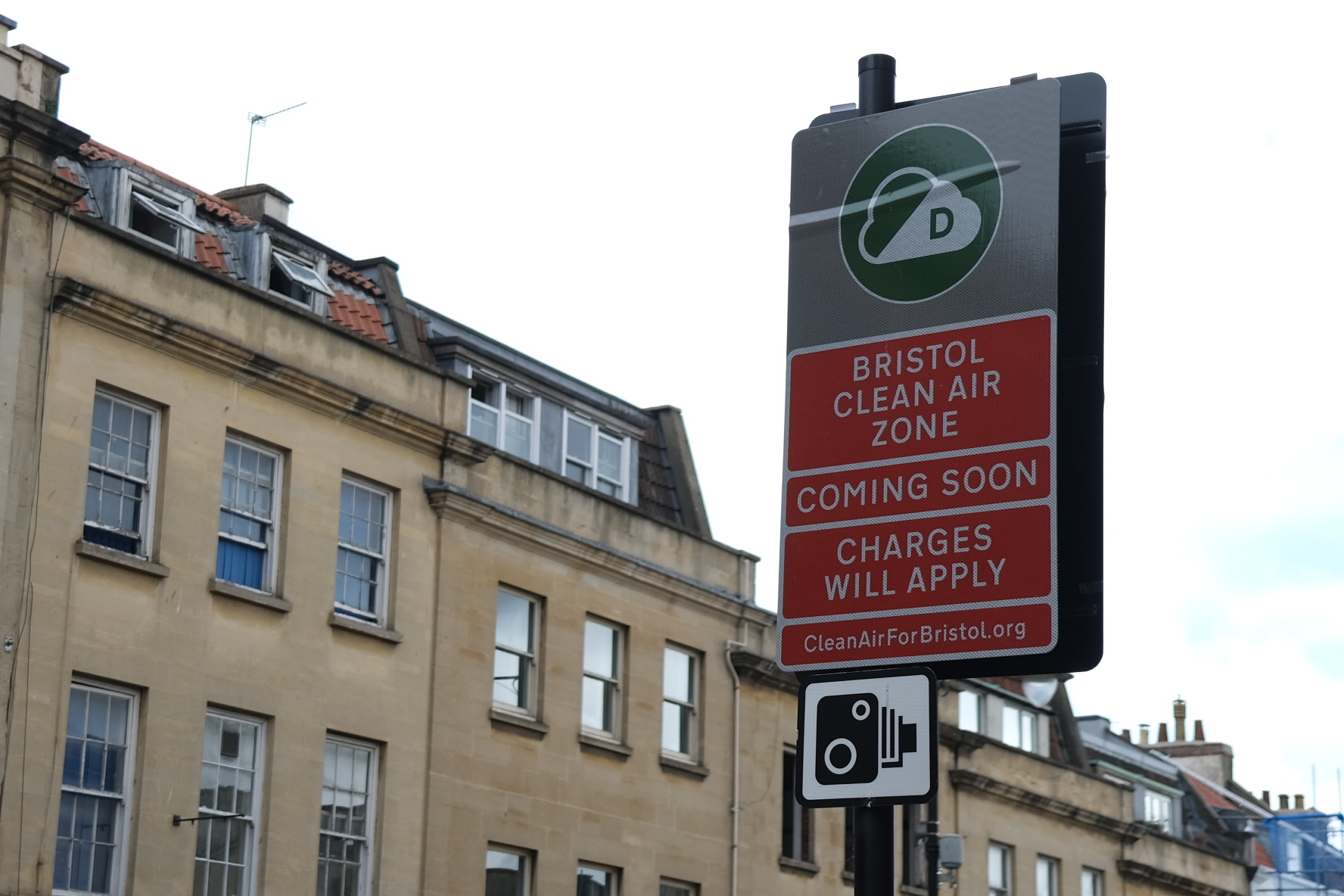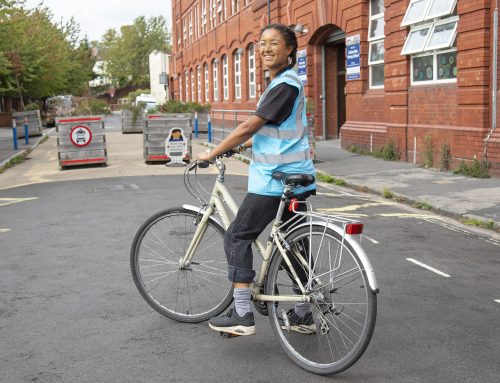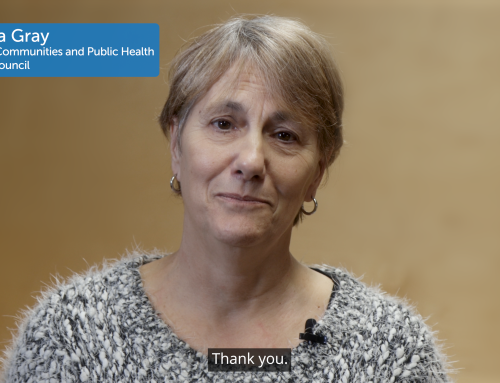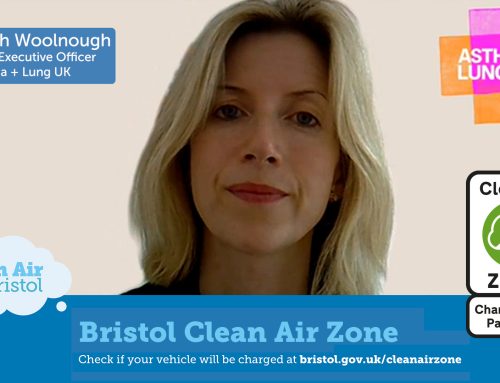Do you regularly drive into central Bristol? A Clean Air Zone starts operating in November where older and more polluting vehicles will be charged to enter a central area of the city. Read our short guide on how the zone will affect you.
Bristol is introducing a Clean Air Zone on Monday 28 November to reduce harmful and illegal levels of pollution and help people to upgrade their vehicles.
Most vehicles won’t be charged but drivers of older and more polluting “non-compliant” vehicles will have to pay a daily charge to drive into the zone, a central area of Bristol where pollution regularly exceeds legal levels.
Why is Bristol introducing a Clean Air Zone?
Bristol, along with other cities, has been directed by government to introduce a Clean Air Zone to improve air quality in the shortest time possible.
The legal limit for nitrogen dioxide is 40ugm. 28 locations in Bristol exceeded the legal limit for nitrogen dioxide in 2021. Nitrogen dioxide is primarily emitted from diesel vehicles and older petrol engines.
The Clean Air Zone will help improve air quality by encouraging people to upgrade their vehicles or switch to a cleaner way of travelling.
- Air quality reports on the Bristol City Council website.
- Air quality dashboard: access real-time and historic data.
Air pollution is estimated to contribute to 36,000 premature deaths in the UK every year. Air pollution causes low birth weight in babies and impaired lung development in small children. It also contributes to heart disease, cancer, lung disease and premature death.
Which vehicles will be charged?
No vehicles are banned. Older and more polluting vehicles will have to pay a daily charge to enter the zone. Most vehicles that travel into Bristol won’t be charged because they already meet the zone’s emission standards.
You do not need a new or an electric vehicle to not pay the Clean Air Zone charge, many compliant vehicles are available on the used car market. Petrol cars from 2006 onwards will not be charged.
Compliant vehicles, which charges will not apply to are:
- Euro 4, 5 and 6 petrol vehicles (roughly 2006 onwards)
- Euro 6 diesel vehicles (roughly end of 2015 onwards)
Charges for older and more polluting non-compliant vehicles:
- £9 for cars, taxis and LGVs (vans)
- £100 for HGVs, coaches and buses
How will the zone operate?
If you drive in the zone across two days, for example you enter at 9pm and then leave at 2am, you will need to pay two daily charges.
You will only be charged on the day you use the vehicle. You won’t be charged during a 24 hour period if your vehicle is parked in the zone and not driven.
Because charges apply daily, you can enter or leave the zone on multiple occasions each day you pay a charge.
Charges do not apply if a vehicle is parked in the zone but does not move.
Signs alerting motorists to the Clean Air Zone have been installed on all roads on the zone’s boundary.
As a driver, it is your responsibility to know when you have entered the zone and pay the charge. You will not receive a notification that you’ve driven through the zone and that payment is due.
Payments for the charge will be managed through the government’s Clean Air Zone website or by phoning the DVLA.
Why is Bristol’s zone charging private vehicles when Bath doesn’t?
Bristol is introducing a Class D zone which charges older and more polluting private and commercial vehicles, this will help the city meet government’s direction to reduce air pollution to legal limits within the shortest time possible. Bristol is introducing the same class of zone as Birmingham.
Bath’s Clean Air Zone is a Class C zone. Private vehicles are not charged but polluting commercial vehicles are.
Bristol and Birmingham zone’s charge private and commercial vehicles because the cities have higher volumes of traffic which create higher levels of pollution.
Clean Air Zones work. In one year, Birmingham’s zone has led to a 53 per cent drop in the number of polluting vehicles entering the city.
In one year, Bath has seen nitrogen dioxide concentrations reduced by 21 per cent in their zone and a 22 per cent reduction in the urban area outside the zone.
How has the Clean Air Zone charge been set?
The charges for Bristol’s zone are in line with charges for other Clean Air Zones. The charges are set by government at a level to encourage motorists with vehicles that don’t meet the zone’s emission standards to avoid the zone, choose a cleaner way of travelling, not do the journey or replace their vehicle.
What will charges from the Clean Air Zone be spent on?
Clean Air Zone charges are collected by government who take the costs of operating the scheme. Any surplus revenue will be returned to Bristol City Council to invest in public transport improvements and making it easier to take the bus, walk or cycle.
Why are some cars with low vehicle excise duty charged in Clean Air Zones?
Vehicle Excise Duty is worked out by the DVLA using greenhouse gas emissions, such as carbon dioxide, and isn’t linked to whether a vehicle meets Clean Air Zone emission standards.
Clean Air Zones are designed to address illegal levels of nitrogen dioxide which cause serious health issues and are disproportionately emitted by diesel engines and older petrol vehicles.
Euro emissions standards are used by the government as Clean Air Zone emission standards because they provide emissions data specific to nitrogen dioxide.
How will the zone affect air quality elsewhere in the city?
The zone will improve air quality across Bristol and not just in the zone due to the knock-on benefits of people switching to cleaner vehicles across the city.
71 per cent of vehicles won’t be charged to drive because they already meet the zone’s emissions standards and this will increase as more people switch to a cleaner vehicle, get financial support from the council to upgrade their vehicle or switch to a different mode of transport.
Why are the Portway and Cumberland Basin in the zone?
The Cumberland Basin and Portway are in the zone because they are busy main routes into the city.
Not including these areas would mean it would take two more years for the city to meet the direction from government to reduce air pollution to legal limits in the shortest possible time.
What happens if there is an accident and vehicles are diverted into the zone?
Non-compliant vehicles will not be charged if they are diverted into the zone because of an accident or a planned closure.
How is the council supporting people prepare for the zone?
We secured a £42 million support package from the government to help people and business in Bristol to get vehicles which meet compliant standards.
Most vehicles won’t be charged but we are offering financial support to people earning less than £27,000 and Bristol businesses if they need help to replace their vehicle.
We are also offering some temporary exemptions to give people more time to replace their vehicle. There will also be temporary exemptions for patients and some visitors to the hospitals in the zone.
Applications for exemptions will open in the autumn before the zone starts in November.
We can help you reduce your car journeys with free cycling trials and training, eScooter and car club credit and bus & train taster tickets.
Find out more
- Check if your vehicle will be charged.
- Find out more about Bristol’s Clean Air Zone.
- Find out more about air pollution.
- World Health Organisation: How air pollution is destroying our health.






